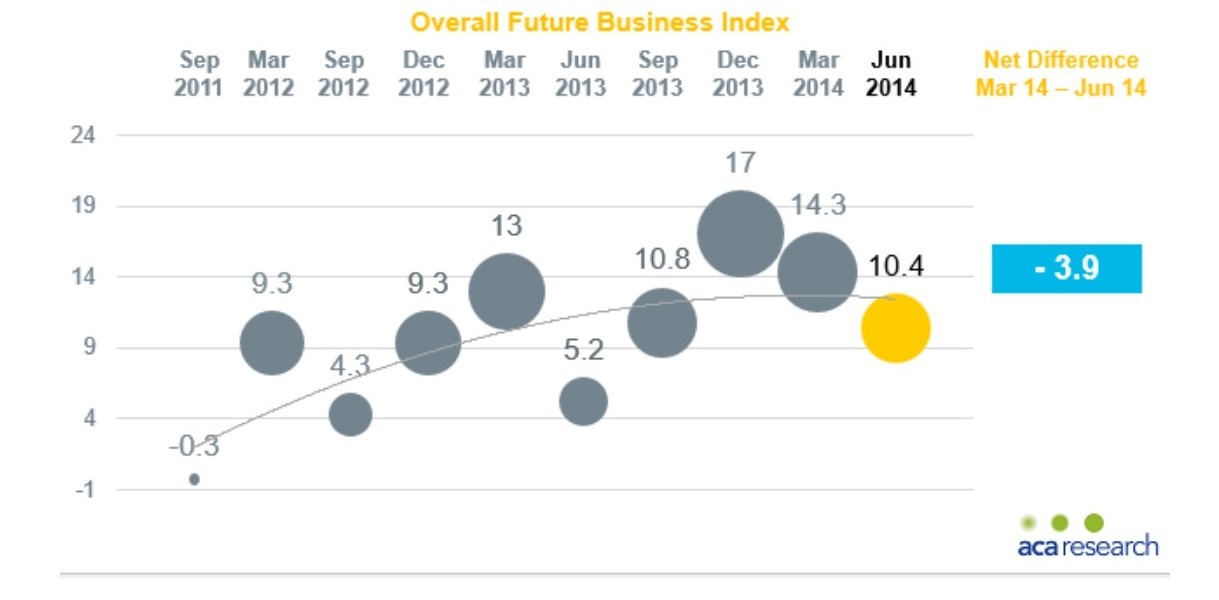Consumer Confidence Index Definition News Impact
Post on: 16 Март, 2015 No Comment

What It Is, How It’s Used and How It Affects the Economy
Consumer confidence is needed to boost economic growth. Photo: Fuse/Getty Images
Latest News
Consumer confidence fell to 96.4 in February, after rising to 102.9 in January, the first time since the recession that it went above 100. This is the highest level since August 2007, and is closing in on the pre-recession high of 111.9 in July 2007. (Source: Consumer Confidence Board )
Confidence has been rising since its low of 25.3 in February 2009, which was also its all-time low. The all-time (since 1977) high reading for the index was 144.7, reached in May 2000. (Source: University of Wisconsin. Consumer Confidence Index Monthly Data )
Definition
The Consumer Confidence Index is a measurement of Americans’ attitudes about current and future economic conditions. Consumer confidence is the primary driver of demand in the U.S. economy. When confidence is high, people will shop more. This drive consumer spending. which makes up nearly 70% of U.S. Gross Domestic Product ( GDP ).
The Index is based on a monthly survey of 5,000 households conducted for The Conference Board. The Board develops a report based on the survey that gives details about consumer attitudes and buying intentions, with data available by age, income, and region.
The Index is really three separate numbers:
- The overall Consumer Confidence Index is a composite of the two other indices, and is weighted 40%-Present Situation Index and 60%-Expectations Index.
- The Present Situation Index is based on two questions the survey asks: 1) How would you rate the present business conditions? and 2) What would you say about available jobs in your area right now?
- The Expectations Index is based on respondents’ predictions for business conditions and available jobs six months from now. It also measures whether those surveyed think their incomes will be higher, lower or about the same in six months.
How It Affects the U.S. Economy
Consumer confidence is important to the economy because consumer spending drives 70% of economic growth. (See What Are the Components of GDP ?) If consumers are uncertain about the economy, they will buy less, and the economy will slow further. If consumer confidence increases, then the economy will grow.
The Consumer Confidence Index is a lagging indicator. which means it follows economic trends. It lags because most people don’t really feel that the economy has changed until after it actually has. Furthermore, the survey asks how easy it is to find jobs. Usually, it doesn’t become difficult to find jobs until after the economy has turned. That’s because unemployment is, itself, a lagging indicator.
The Consumer Confidence Index is watched by stock market analysts and investors to get an idea of whether consumer spending will continue to drive the economy. The stock market can move dramatically on the day the Index is published. However, this will probably only happen if there is a lot of uncertainty about the economy.
How the Consumer Confidence Index Affects You
If the Consumer Confidence Index is trending upwards, this means that stocks will probably go higher, as well. If Confidence is too high, then the excessive demand it is measuring could trigger inflation. which could lead the Federal Reserve to raise interest rates. Higher interest rates could also increase the value of the dollar. which reduces exports and makes imports cheaper.
For more about The Consumer Confidence Index and other economic indicators, read The Secrets of Economic Indicators by Bernard Baumol.














